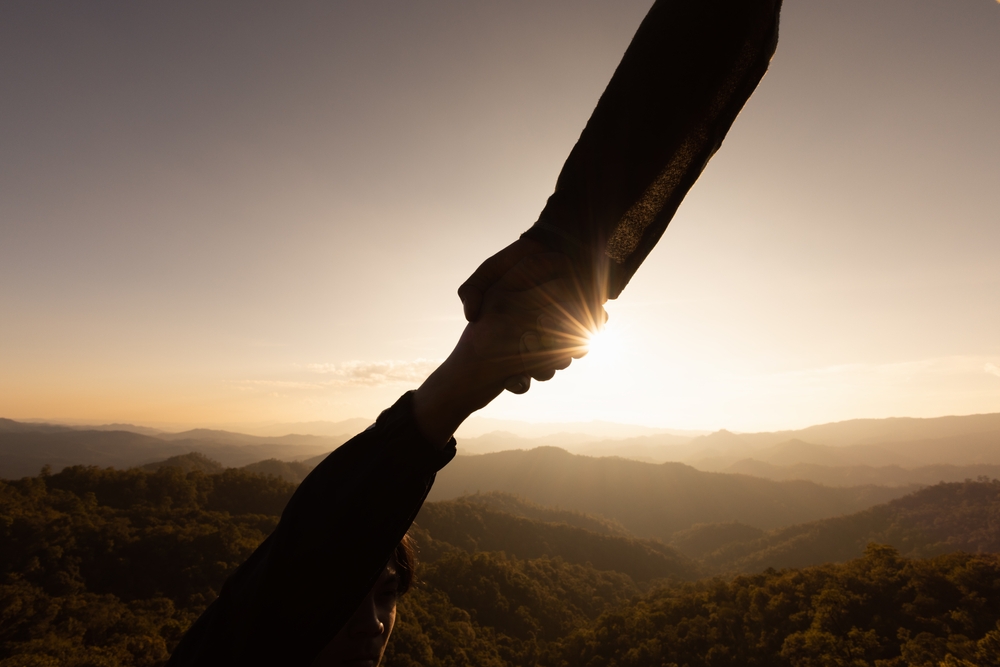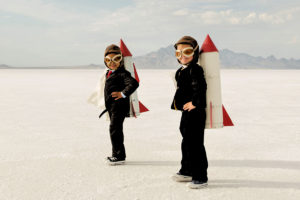I just returned from a trip to Santa Monica, and my heart feels heavy and full. The contrast between the area’s beauty and the suffering of its residents has left me with much to process. Recent wildfires in Pacific Palisades and Altadena forced many people from their homes, leaving them displaced and uncertain about the future.
Every morning, I woke up to the warm glow of the sunrise lighting up the stunning Pacific beaches. Then, I walked a few short blocks to the conference, watching the locals as they went about their day. But as I returned to my hotel each night, something different became clear—many guests were not in the hotel by choice. Like so many in the area, they had been displaced by the devastating fires in Pacific Palisades and Altadena, forced to leave their homes behind as they awaited news of when—or if—they could return.
There was little sign of the fires from my hotel window besides the distant floodlights marking a checkpoint, which were only visible at night. Santa Monica seemed to continue as if nothing had changed. Joggers jogged, and dog parents walked their dogs. Then, a few minutes before eight each morning, a police escort of 12 LAPD cars, followed by two gray or black sedans with flashing lights, sped down Ocean Avenue to California Incline. For some in the area, this might not seem unusual on any given day.
On the last day of the conference, Maggie joined me for dinner at the hotel. Next to us sat a lovely couple who didn’t seem bothered by one of our dogs sniffing for scraps of food left by previous guests under their table. A well-dressed man approached us and asked if the fire had displaced us. When we told him we hadn’t been displaced, he moved to the couple’s table. We overheard them say they hadn’t lost their house, but others around them had. They couldn’t return until the area was cleaned up. He noted that it could have been avoided before moving on to the next table.
Our conversation with our neighbors started with something trivial, like, “How’s the salmon?” The discussion quickly shifted to their three-week experience staying in a hotel while waiting to return home. Each day, they spoke with their insurance company as they navigated the transition to retirement. We learned they planned to sell their home in a few months and move to Maine, where she was born. Maggie mentioned that Furnished Finders might be useful, and Laurie showed her the website to confirm its accuracy. By then, we knew their names were Laurie and Scott. We discovered that he worked as a film editor and had nearly retired a year ago. He was still working on some editing projects between calls to the insurance company.
Maggie leaned over and asked if I thought we should cover their dinner, and I nodded—I’d been thinking the same. When the server informed them we had paid their bill, he leaned in and thanked me. We both stood up to hug as he expressed his gratitude. I held back tears and struggled to let him know it was all we could think to do, overwhelmed by their appreciation. Maggie and Laurie exchanged contact information before heading back to their hotel. It was such a meaningful interaction. They were wonderful people and very appreciative, and we hope their lives will return to normal at some point, though I doubt it will ever be the same.

I want to share this to remind us all that there is still room for compassion and understanding, even in the face of tragedy. Laurie and Scott’s story affected me deeply, and I know many of you have also been impacted by the fires in both big and small ways. If there’s any way I can support you or help, please don’t hesitate to reach out.
We’re all in this together,
David 🫱






